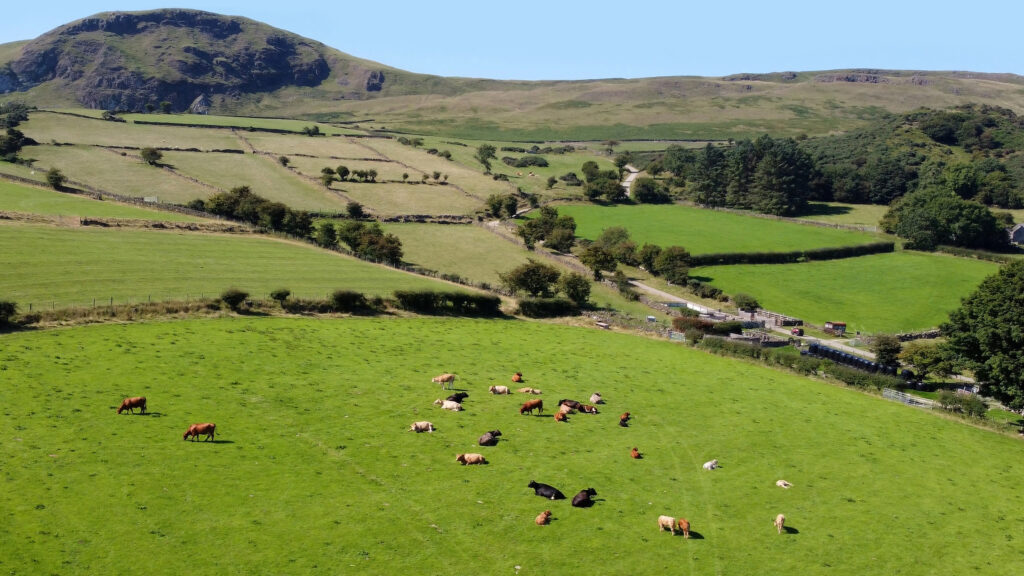Opinion: Government IHT stance is ‘incompetence and intransigence’
 © Adobe Stock
© Adobe Stock
The online newspaper that I read enables comments under most articles.
When it comes to farming, there is a cohort of contributors who are furious that farmers will pay only 20% inheritance tax (IHT), possibly spread over 10 years, and who don’t see why farmers shouldn’t pay 40% immediately “like the rest of us”.
See also: Opinion – why I’m disenchanted with the National Trust
They usually quote the government’s assertion that 75% of farms will fall under the threshold and so won’t have to pay.
With a weary sigh I point out that at present only about 4% of all estates pay any IHT, and that the AHDB has calculated that 75% of farms over 50ha – the ones making a significant contribution to food production – will be badly hit.
I don’t know why I bother. Psychological experiments indicate that we believe what we want to believe, and evidence to the contrary seldom persuades us to change our minds.
I recently read How to Make the World Add Up, a book by the economist, journalist and radio presenter Tim Harford.
Scrutinising statistics
It’s sensible, practical and readable, with “rules” to make us better at scrutinising statistics.
One rule is to ask what is being measured, and how is it defined. He gives the example of two sheep in a field. Except that one is a lamb, the other is heavily pregnant. Now how many sheep are there?
Similarly, say “farm” to most people and the images it conjures up are fields of cows, or rolling acres of cereals.
Presumably this was the government’s intention, but its 75% works only by including any land qualifying for Agricultural Property Relief, which may be smallholdings with a few animals, run on a non-commercial basis.
Another of Tim Harford’s rules is to question whether, in the appropriate context, a number is big or small.
To most people, £1m is more money than they will ever hope to inherit, so why should farmers get any more?
But anyone in agriculture knows £1m is not a huge sum, and even farms of modest size may exceed that value easily.
Expecting the public to assess statistics in a coolly analytical way, or to change their minds when presented with data that rebuts a preconception, is probably a lost cause.
But that is absolutely what should be expected of those running the country and using statistics to justify policy.
Worse, though, than presenting figures so as to take advantage of public assumptions about the definition of “farm” and exploit ignorance of what £1m means in the context of land values, is refusing to present any figures at all.
But anyone in agriculture knows £1m is not a huge sum, and even farms of modest size may exceed that value easily
As I keep a disinterested eye on the topic, I noted that farming and business organisations such as the NFU and Family Business UK recently put a proposal to the government that IHT should be payable only if an inherited farm or business is not carried on, but is sold within a short period.
This seemed a suggestion worth considering.
The government, however, rejected the idea out of hand.
We don’t know why, because it declined to produce any analysis to back up its assertion that this would raise much less than the £500m a year it expects to receive from the new APR limit.
This looks like a worrying combination of incompetence and intransigence.
But what’s this? The government has just decided it can afford £1.25bn a year to raise the income threshold for pensioners’ winter fuel payment. How? Amazingly, it’s not saying.

